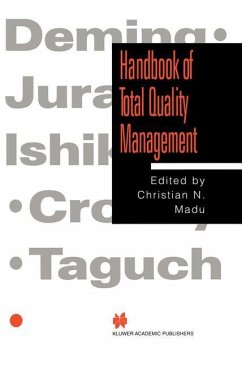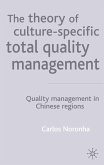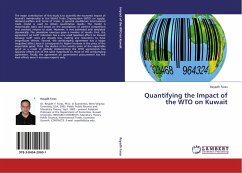Sustainable development is now being recognised as a
vital component of our society in the environmental,
ethical, social, technological, economic, and
institutional dimensions, but what is missing is a
framework to quantitatively measure sustainability.
This thesis is distinctive in that it focuses on
quantitative methods encapsulated in a formal
assessment procedure and that it includes
sustainability concepts that have rarely been put
into practical use in sustainability reports.
A configuration of the tools from Total Quality
Management (TQM) is adapted to identify
sustainability indicators which are then mapped onto
a scalar with mathematical functions and the
sustainability indices are presented on different
levels of details according to the need of different
stakeholders. To fully demonstrate the potential of
the methodology, the author has chosen to test it on
the electricity sector of New Zealand.
This methodology is a tool to analyze the complex
interactions of decision makings and will be valuable
to policy makers and sustainability professionals who
can make use of it to test the overall effects of a
policy change before it is implemented.
vital component of our society in the environmental,
ethical, social, technological, economic, and
institutional dimensions, but what is missing is a
framework to quantitatively measure sustainability.
This thesis is distinctive in that it focuses on
quantitative methods encapsulated in a formal
assessment procedure and that it includes
sustainability concepts that have rarely been put
into practical use in sustainability reports.
A configuration of the tools from Total Quality
Management (TQM) is adapted to identify
sustainability indicators which are then mapped onto
a scalar with mathematical functions and the
sustainability indices are presented on different
levels of details according to the need of different
stakeholders. To fully demonstrate the potential of
the methodology, the author has chosen to test it on
the electricity sector of New Zealand.
This methodology is a tool to analyze the complex
interactions of decision makings and will be valuable
to policy makers and sustainability professionals who
can make use of it to test the overall effects of a
policy change before it is implemented.








